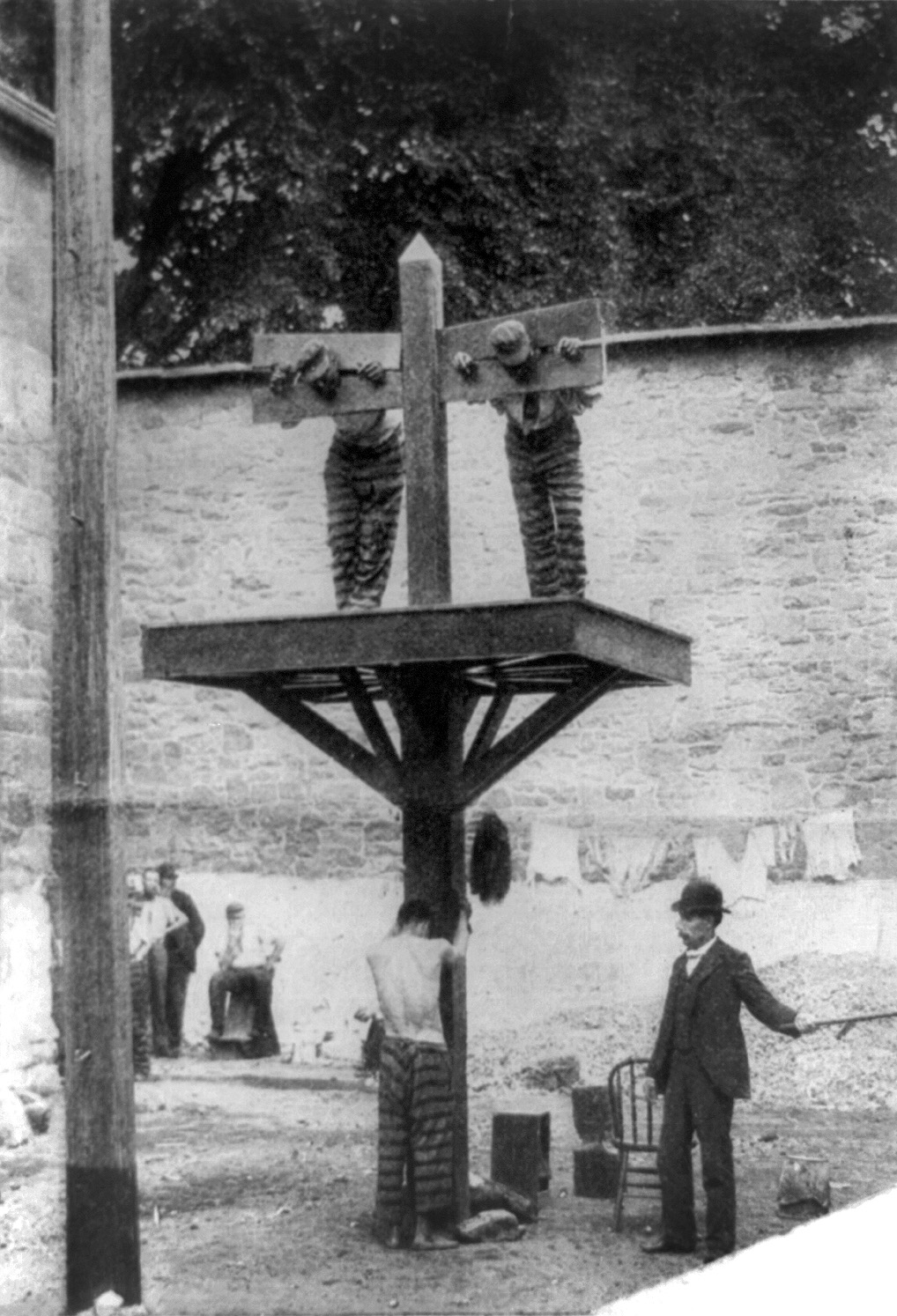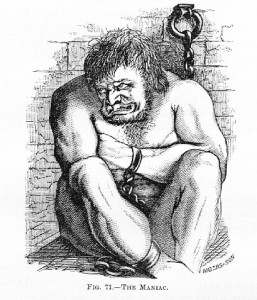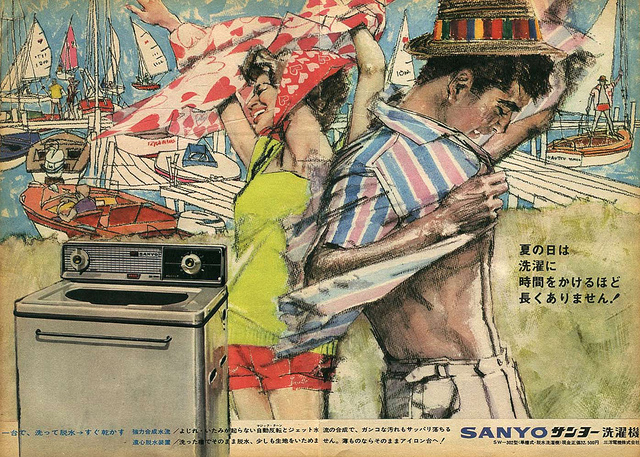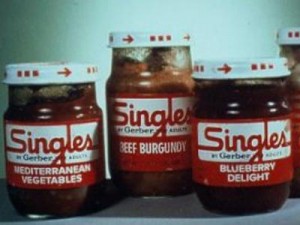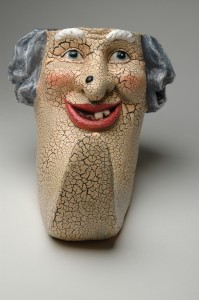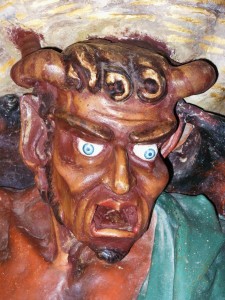
(Image by Lenore Edman.)
Liberal: A political term meaning, where used, those who take advanced views, and welcome changes that promise betterment in public affairs, in contradistinction to the Conservative who usually favors letting well enough alone.
Lincoln, Abraham: The great president of the United States during the Civil War. He was the son of Thomas and Nancy Hanks Lincoln, born in Hardin County, Kentucky, of English-Quaker stock, and passed his youth amid the then rough frontier environment of the middle west, where anti-slavery sentiment prevailed. His early education was self-acquired, mostly by voracious reading; and his first business training was secured while serving as a clerk in a general store, where, by fair dealing, he earned the nickname of “Honest Abe.” In 1846 he was elected to Congress and in 1860 was nominated for the Presidency. In 1861 Lincoln was elected after a spirited campaign. He came to office at a time when the country was torn with the anti-slavery agitation, when the Civil War, long impending, was breaking out, and throughout the four year struggle he stood, often alone, firmly contending for the abolition of slavery and the preservation of the Union, strong in the faith that ultimately the nation would emerge from the period of stress and strain, greater and more prosperous than ever. He brought the country successfully out if its travail, and by the weight of the burden, “Honest Abe,” became the “Man of Sorrows.” For the service to the nation he paid with his life; he was assassinated by John Wilkes Booth, an actor, while witnessing a play in the box at Ford’s Theatre, Washington D.C., on the night of April 14, 1865, one month after his second inauguration. In personal appearance, Lincoln was very tall with legs out of all proportion to his body. He stood 6 feet, 4 inches in height and weighed about 180 lbs. When he sat, he usually crossed his legs or rested them on the arm of his chair; standing, he stooped slightly, and had the general appearance of a consumptive. His facial expression stamped him a man of long cherished sorrow, yet his sense of humor was exceptionally keen and he possessed a never-failing fund of witty stories. As an orator he is conceded one of the greatest America ever produced.
Literature, American: It may be well to admit at the outset that America has never produced a world writer. The nearest approach to it, in poetry in Longfellow and, in prose, Emerson.
Lottery: A game of hazard in which prizes are drawn by lot. Lotteries are said to have been first employed by the Genoese government for the purpose of increasing its revenue. The first lottery in England seems to have been in the year of 1569 and the profits went to the repair of rivers and harbors. They were long tolerated both in England and the United States, though from 1830 onward until they were abolished there was an ever-growing sentiment against them. The most notorious ever was the Louisiana lottery at New Orleans. It went out of existence in 1890.
Love-apple: An old name for the tomato.
•Taken from the 1912 Standard Illustrated Book of Facts.
See also



